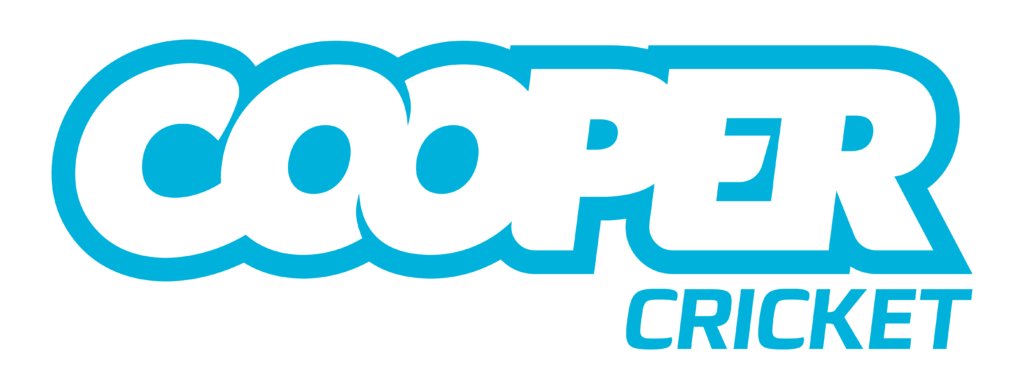360
PERFORMANCE
Churchie 17 July to 11 September 2023
GOAL
We’re on a mission to help our youth move better, manage their emotions and make better decisions under pressure.
By developing better athlete’s teams don’t need to have specialist positions. They will have all the necessary skills to field anywhere and be very effective.
It is also important for players to learn to pave their own way and to find ways to increase their value.
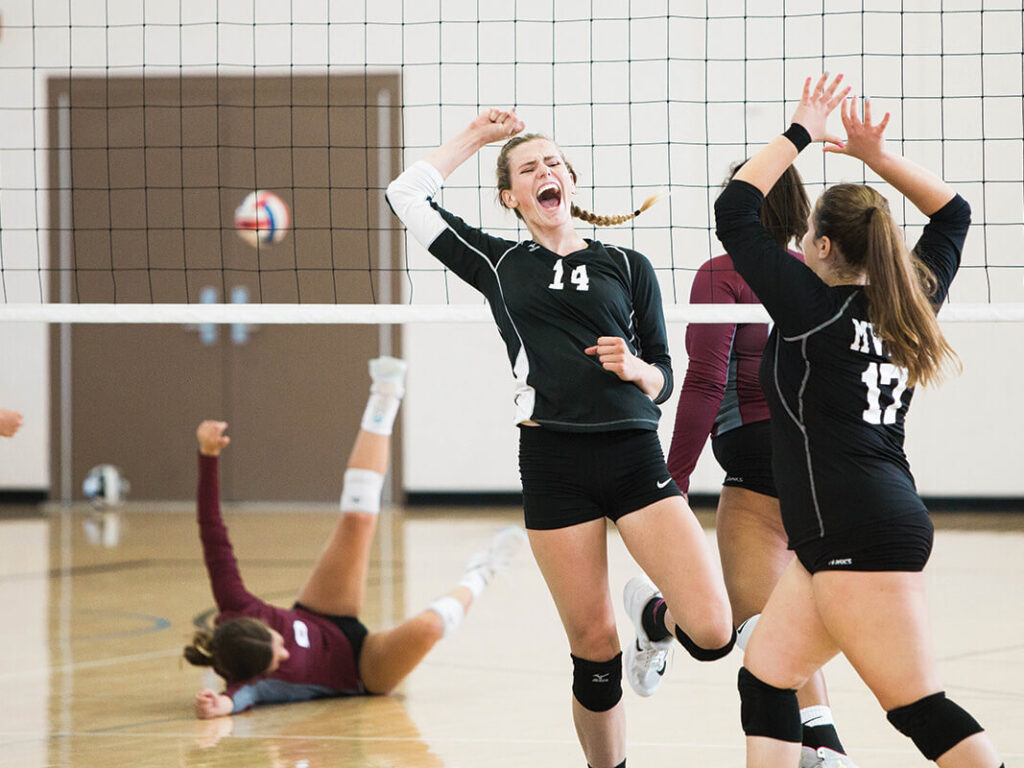
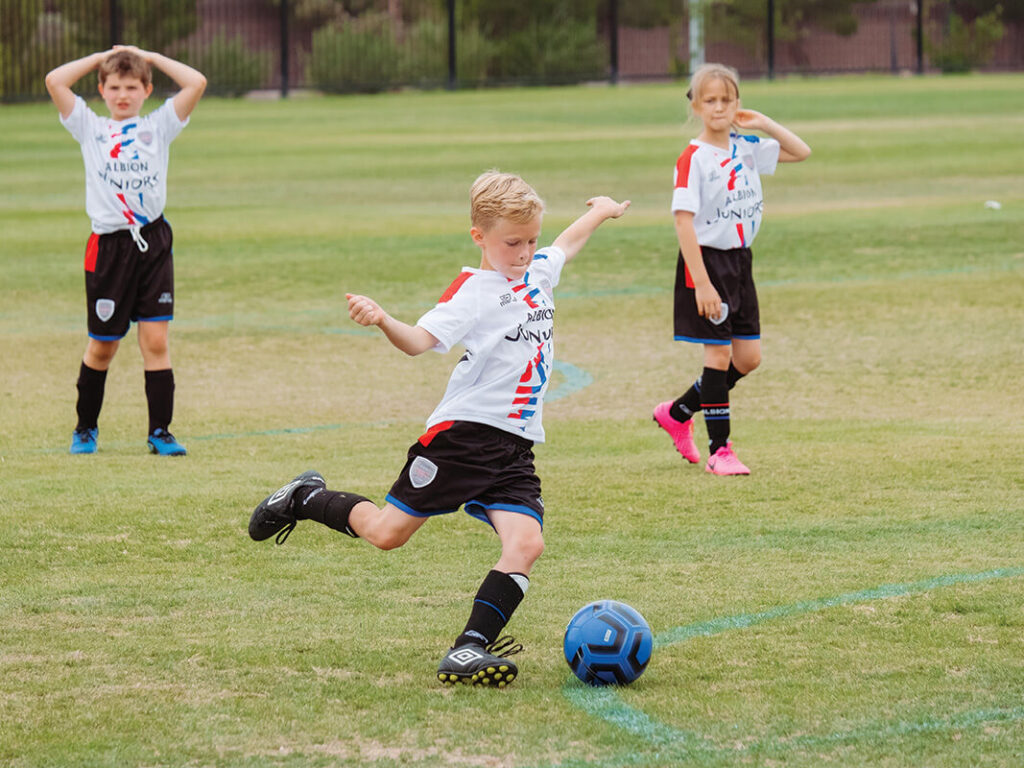
WHAT WILL WE DO?
We provide a specialised training program for young athletes that results in better players with skillset versatility.
With the use of expert coaches in their field, we will use drills that are fun but also important for developing athleticism.
There are key ingredients in becoming good at anything, we will explore these key ingredients and help athletes develop these skills in order to add value to their position in any sports program.
Each sport has its own set of skill requirements outside of technical and tactical skills, and most of the time these requirements are the difference between success or failure.
HOW WILL WE DO IT?
The process will start from age 6.
We will have a plan for each developmental stage to make sure that players develop the right skills at the right stage to help them be prepared for the next level.
We will focus on each athlete and ensure they:
- Fulfill their potential
- Develop good habits
- Avoid burnout
- Improve overall skills development
- Have FUN while training
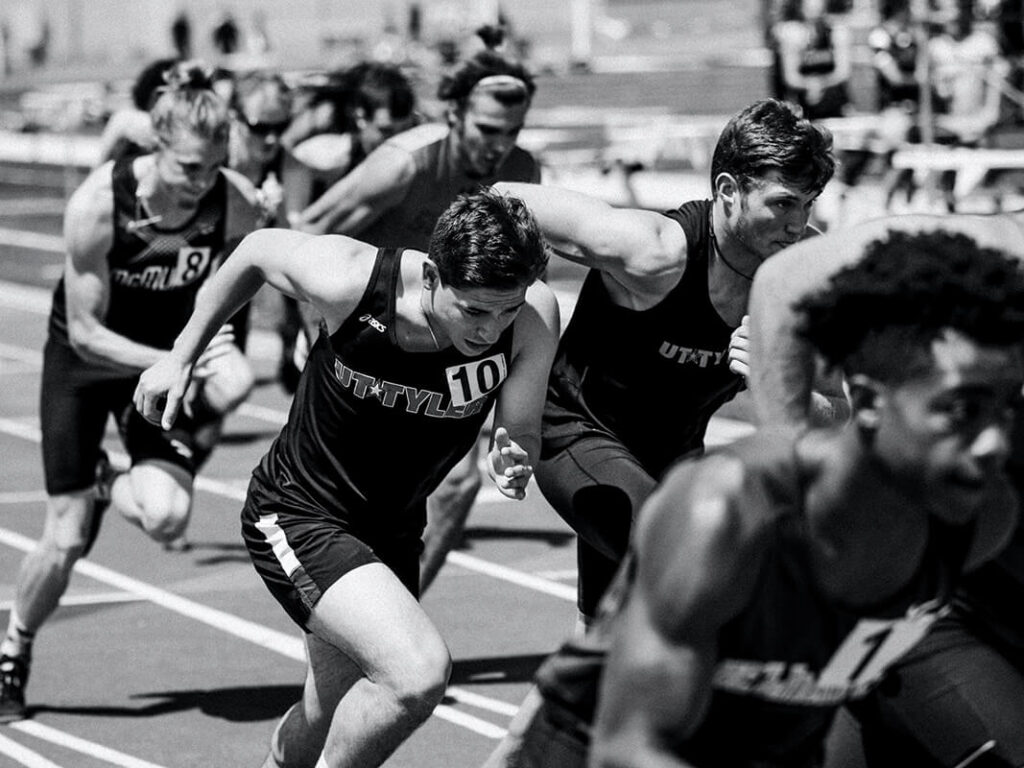
ATHLETICISM
Athleticism is formed by ten key components that make up balanced physical fitness, or what we refer to as complete athleticism. They are strength, speed, power, agility, anaerobic capacity, aerobic capacity, mobility, balance and coordination, mental resilience, and stability.
COMPREHENSIVE ATHLETIC PROFILE
Our Athletic Profile consists of:
1. Physical Skills
2. Athletic Intelligence

3. Character Skills
PHYSICAL SKILLS
We’ll have a plan for each development stage so players are always prepared and ready to take on the next challenge. To achieve our goal, we develop better athletes so that they can use their new skills in any sport they choose.
- Body Awareness techniques.
- Stability and Balance
- Manipulative Skills
- Nutrition
- Locomotor Skills
- Movement
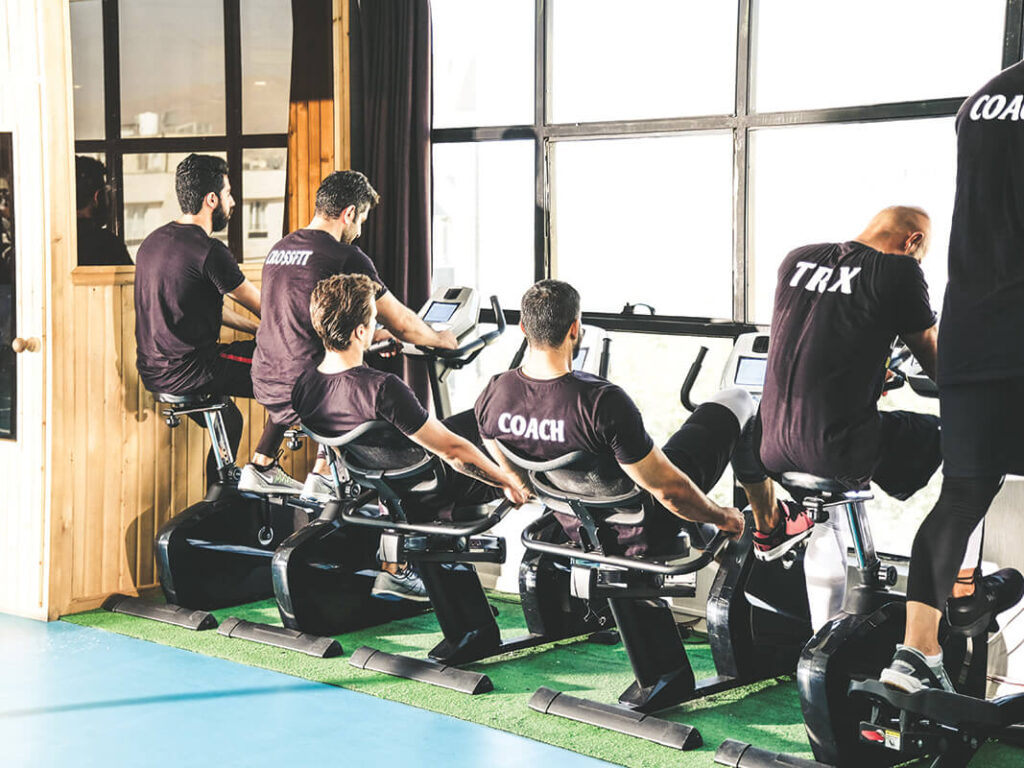
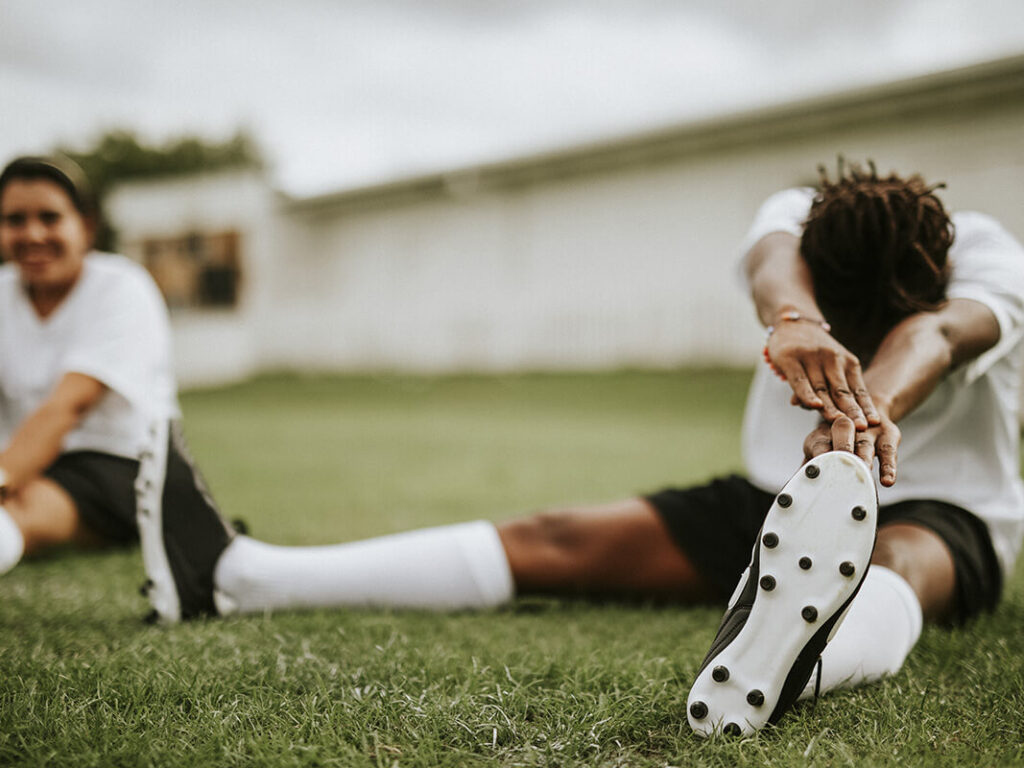
Stability and Balance
Stability skills can be defined as the ability to sense a shift in the relationship of the body parts that alter one’s balance, as well as the ability to adjust rapidly and accurately to these changes with the appropriate compensating movements.
Stability skills include:
- Transferring Weight
- Bending And Curling
- Stability And Balance
- Dynamic Balance
- Stretching
- Twisting
- Turning
Manipulative Skills
A manipulative skill is one in which someone handles an object with the hands, feet, or other body parts. Manipulative skills are basic to the development of sport skills; throwing, catching, bouncing, rolling, kicking, and striking (with and without an object).
Manipulative skills include:
- Bouncing
- Catching
- Kicking or Rolling (a ball)
- Dribbling (moving a ball with the feet, as in soccer)
- Lifting
- Throwing
- Pushing & Pulling (the object might be a wheeled toy)
- Striking (such as swinging a baseball bat or golf club to hit a ball)
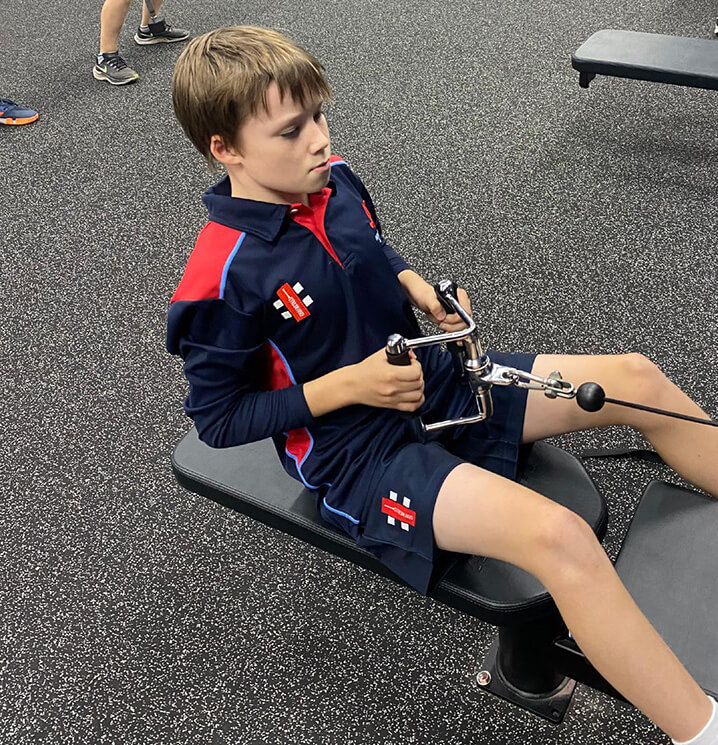
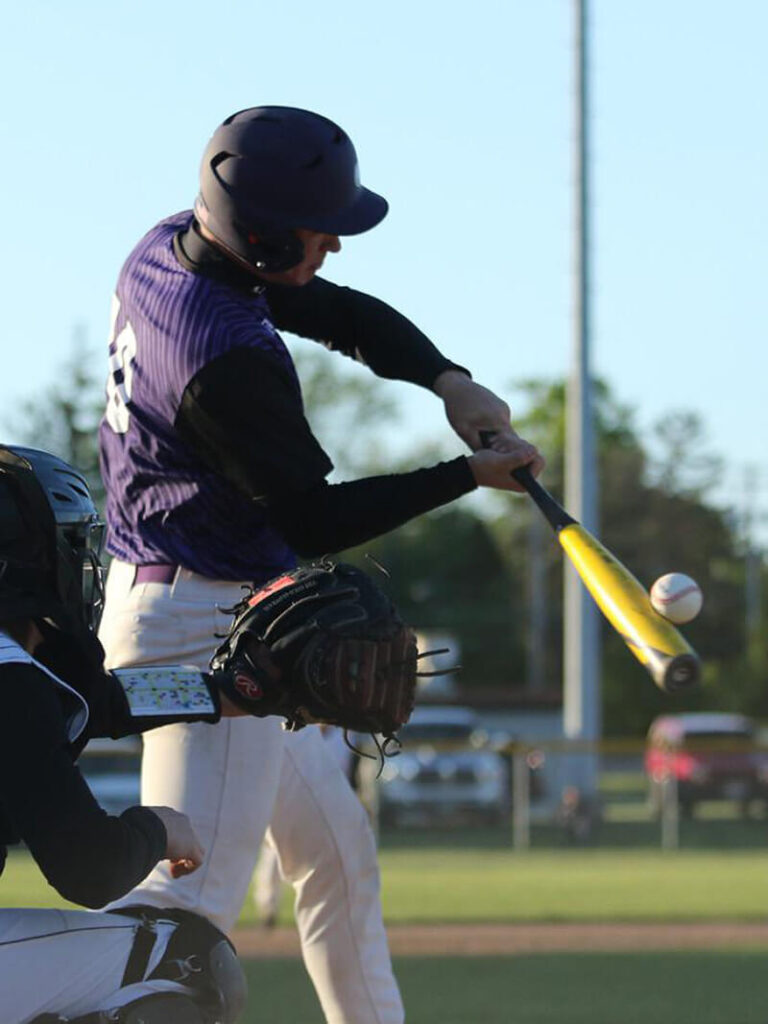
Locomotor Skills
Locomotor skills enable athletes to move through different environments, moving their body from one place to another. The key locomotor skills are walking, running, jumping, hopping, crawling, marching, climbing, galloping, sliding, leaping, hopping, and skipping.
Movement
Fundamental Movement Skills (FMS) are the building blocks for movement, and they form the foundation for many of the specific motor skills required in popular sports and leisure activities.
Body Awareness
Body awareness (proprioception) is the ability to recognize the orientation of your body in a space. Athletes with good body awareness are able to perform tasks including dribbling without looking and keeping their feet inbounds.
Nutrition
Why is nutrition important?
Nutrition is essential for supporting an athlete’s general health and their training needs. Having a suitable diet provides a person with enough energy and nutrients to meet the demands of training and exercise.
In addition to helping a person perform optimally, it facilitates recovery.
ATHLETIC INTELLIGENCE
Understanding our players/students can lead to better outcomes for them and for teacher/coaches.
Athletic Intelligence includes the cognitive abilities that enable athletes to optimally visualize their surroundings in real time, learn and recall game information fluently, react quickly and accurately to stimuli, and sustain rapid decision making for extended periods.
Athletic Intelligence measures the following 4 Broad Abilities
- Visual Spatial Processing
- Reaction Time
- Processing Speed Decision Making
- Learning Efficiency
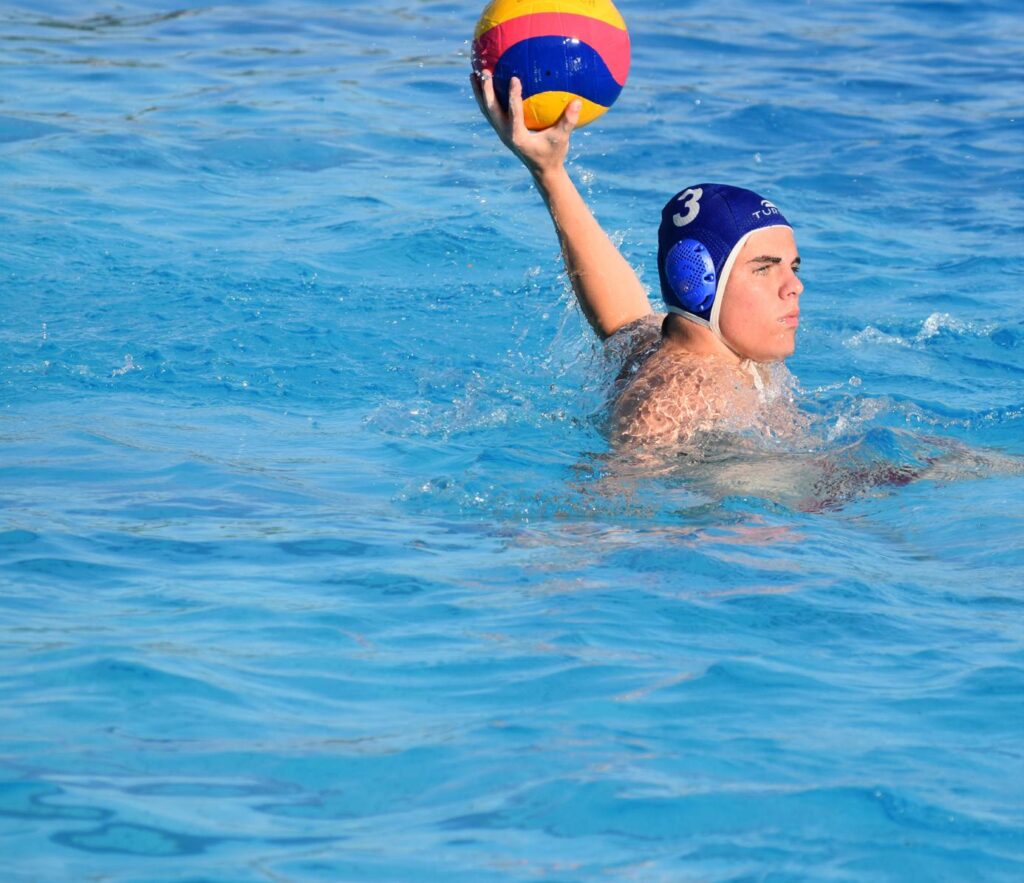
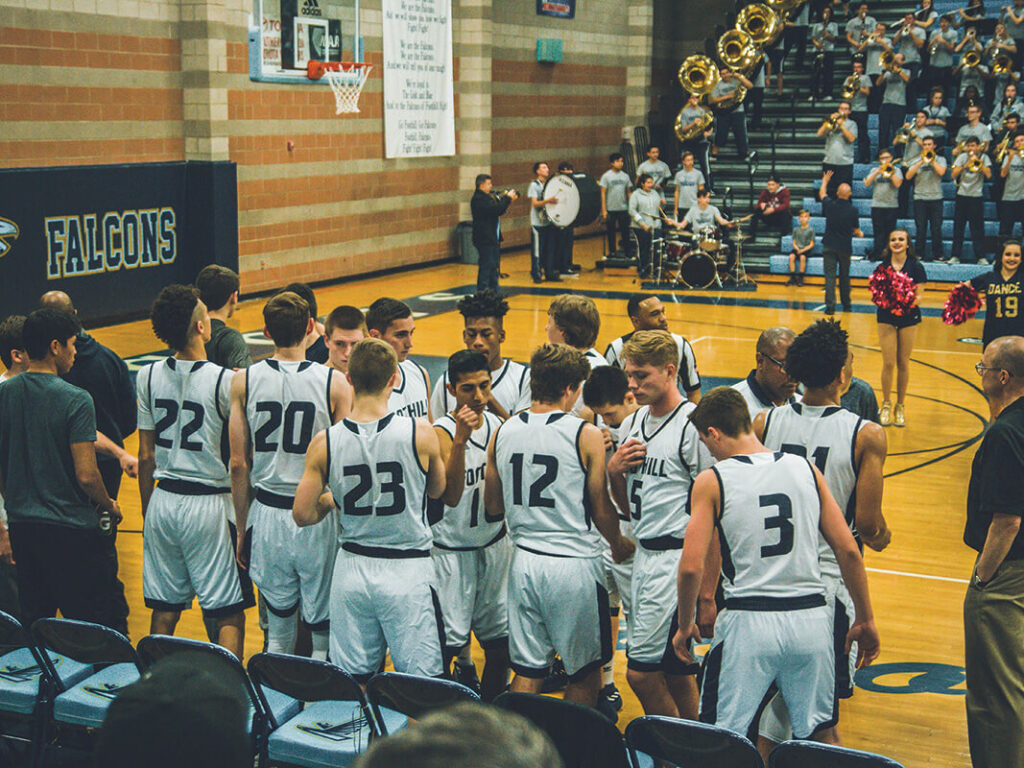
Visual Spatial Processing
Spatial ability or visual-spatial ability is the capacity to understand, reason, and remember the visual and spatial relations among objects or space.
Visual-spatial processing, in combination with visual motor skills, lets kids coordinate their movements with what they see. For example, to catch a ball, your child must gauge the speed and distance of the ball in flight and adjust her movements accordingly. Kids use visual spatial processing skills to walk through a crowded room without bumping into anyone.
Reaction Time
Reaction time may be defined simply as the time between a stimulus and a response.
The first part of reaction is identifying that the ball is actually coming their way. The second part is to the make the right decision on what to do. The third part is to initiate the action. The reaction time can be seen as the start of the catching movement.
Processing Speed -Decision Making
Decision making can be observed as the intellectual process resulting in the selection of a belief or a course of action among several different options. Every decision-making process produces a final choice that may or may not prompt action.
Decision making is the process of making choices by identifying a
decision, gathering information, and assessing alternative resolutions.
Manipulative skills include:
- STEP 1: Identify the decision
- STEP 2: Gather relevant information
- STEP 3: Identify the alternatives
- STEP 4: Weigh the evidence
- STEP 5: Choose among alternatives
- STEP 6: Take Action
- STEP 7: Review your decision & consequences
These steps will be developed using several methods. Each step requires a different skill and one method won’t help good decision making.
Learning Efficiency
Learning Efficiency is about retaining information and recall it whenever needed and apply the knowledge to various situations. An effective or efficient learner is not afraid of making mistakes and asks for help when needed.
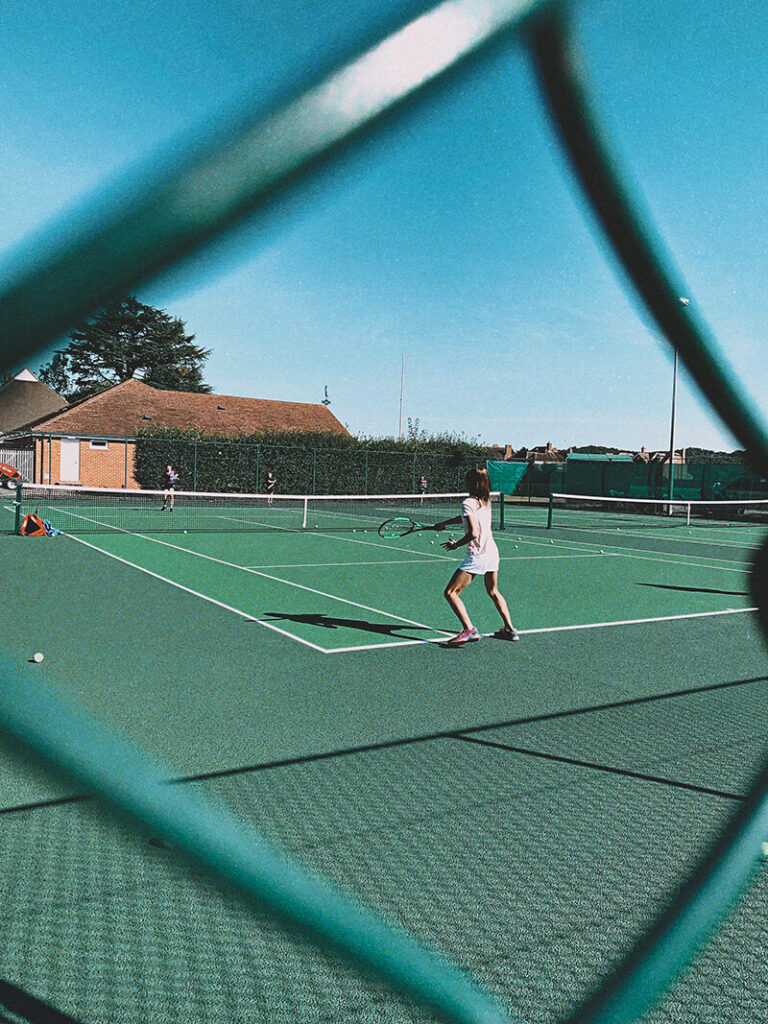
PERSONALITY & CHARACTER
Personality refers to the range of distinctive personal qualities and traits of an individual.
A character refers to a set of morals and beliefs that defines how we treat or behave with others and ourselves. We will look at two types of Character, Moral and Performance.
Moral Character
Good moral character and reputation means the possession of honesty and truthfulness, trustworthiness and reliability, and a professional commitment.
Performance Character
Performance character refers to the cognitive, emotional, and behavioural qualities needed to achieve human excellence in performance environments-in school, extracurricular activities, and work. Performance character is built on “willing values” such as perseverance, diligence, and self-discipline. Performance character consists of the qualities that allow individuals to regulate their thoughts and actions in ways that support achievement in a particular endeavour.

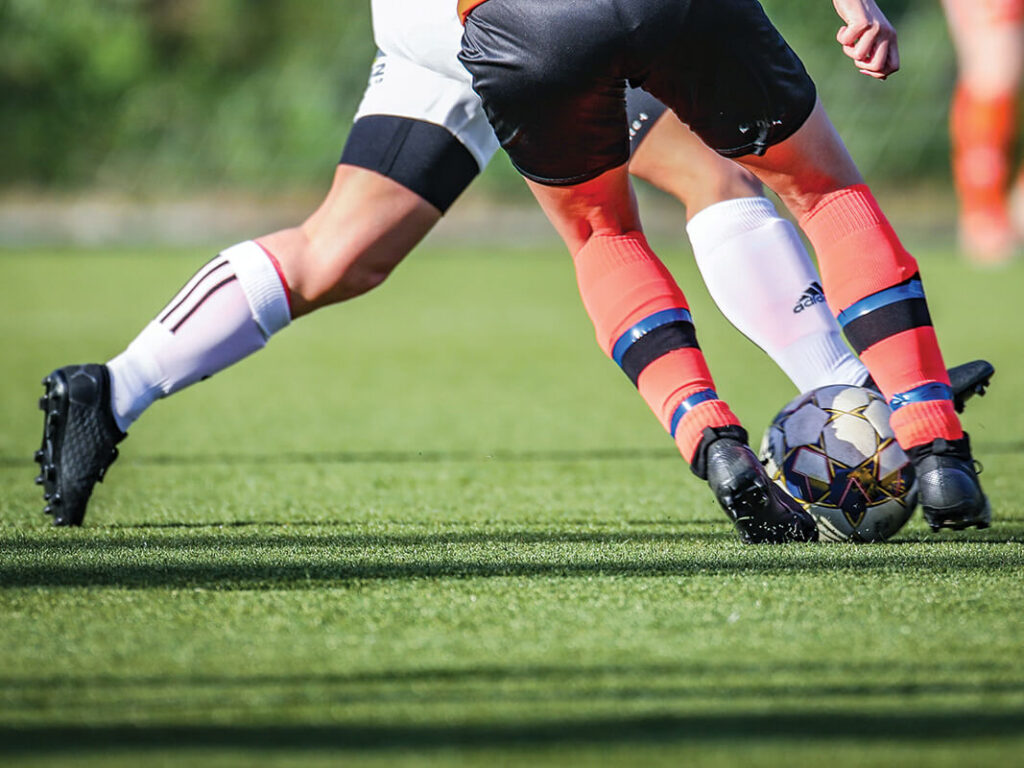
Personality refers to the range of distinctive personal qualities and traits of an individual.
A character refers to a set of morals and beliefs that defines how we treat or behave with others and ourselves. We will look at two types of Character, Moral and Performance.
We will look at the following 7 traits
- Self-Awareness
- Courage
- Ethics
- Cooperation
- Leadership
- Curiosity
- Resilience
Self-awareness
Self-awareness is the ability to tune in to your feelings, thoughts, and actions. Being self-aware also means being able to recognize how other people see you. People who are self-aware recognize their strengths and their challenges and is a quality associated with both developing and performance excellence. It can help athletes to build self-confidence and self-esteem, take more responsibility for their actions, as well as make better decisions.
Courage
Is mental or moral strength to venture, persevere, and withstand danger, fear, or difficulty. Courage gives you the power to chase after things that are important to you. It also bolsters your self-confidence and allows you to believe in your abilities. It’s important that you realize that courage is not the absence of fear.
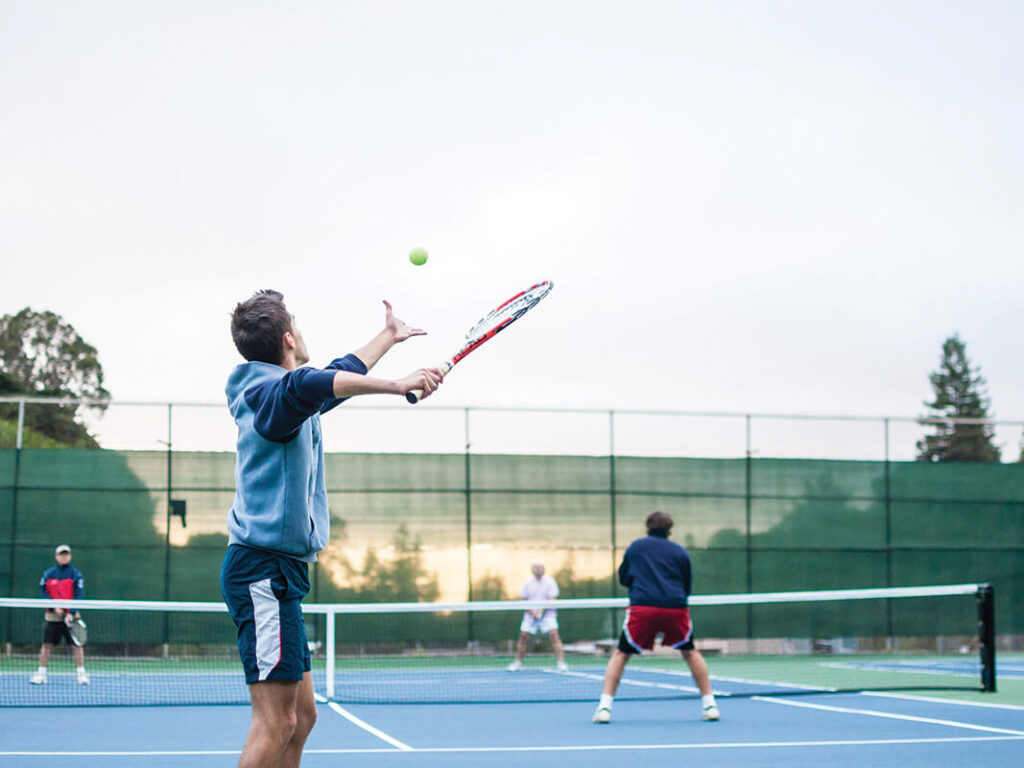
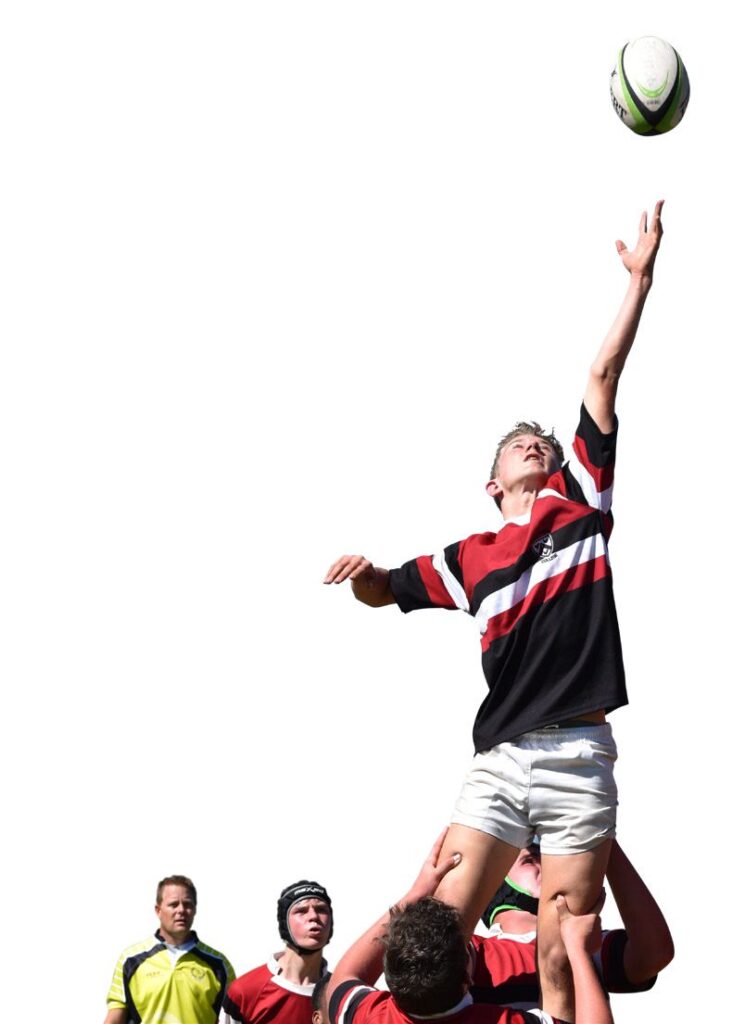
Ethics
Ethics is the discipline concerned with what is morally good and bad and morally right and wrong. It contributes to a community of respect and trust between competitors and in society. The goal in sportsmanship is not simply to win, but to pursue victory with honour by giving one’s best effort. Ethics in sport requires four key virtues: fairness, integrity, responsibility, and respect.
Cooperation
The actions of someone who is being helpful by doing what is wanted or asked for.
Learning to cooperate with others towards a common goal in sports is what builds character, friendship and important life skills for players and coaches. The friendships built within a team can last a lifetime for some players, and the journey of a team throughout a season is often memorable. A social process through which performance is evaluated and rewarded in terms of the collective achievement of a group of people working together to reach a particular goal.
Leadership
Leadership is not a title or position. Leadership is a positive example and a positive action.
Effective leaders, are highly focused on a vision for their team and drive others toward outcome and results for that vision. Athletes recognize the importance of teamwork and trust, they know how to deal with adversity and conflict, and they know how to think strategically and shift course when necessary.
Curiosity
Curiosity is a strong desire to know or learn something. A desire to know what their potential is. What limits do or don’t exist. What an experience feels like.
A curious mind is one that wants to learn, gain more knowledge. With a curious mind, knowledge and learning trump outcomes and results. When your ego or identity isn’t tied to results, you’re willing to take more calculated risks or attempt harder things.
Constant learning, adapting, and growing are crucial. Without the courage or desire to challenge the way you’ve been doing things and look for growth areas, you’ll stay right where you are. Curiousness enhances positive emotions and helps to reduce stress and anxiety. When you are curious, you are more resourceful, often looking at what you can do with what you have versus fixating on what you’re lacking.
Resilience
Resilience is the capacity to recover quickly from difficulties; the process of adapting well in the face of adversity, trauma, tragedy, threats, or significant sources of stress.
The ability to bounce back from a poor performance or a detrimental mistake is crucial to an athlete’s success. As much as athletes hate to admit it, failure is a part of the game.


